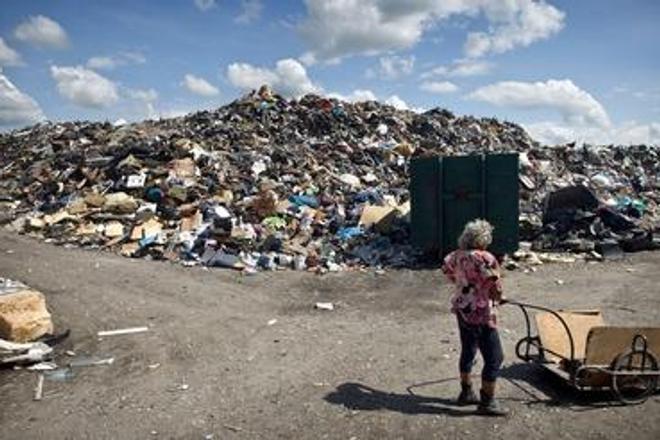Slovakia has to improve its waste management, air quality and water management.
Low recycling rates and a strong dependence on landfill is one of the main concerns, according to the Environmental Implementation Review published by the European Commission on February 6.
As a result, Slovakia and Malta placed last for recycling communal waste. The EC recommends improving waste management, particularly increasing recycling, rolling-out separate collections and reducing landfill, the SITA newswire reported.
The production of communal waste in Slovakia increased in 2014, breaking the downward trend since 2010 and remaining considerably below the EU average (321 kilograms per year per inhabitant compared to around 475 kilograms per year per inhabitant). The recycling of communal waste, including composting, amounts to only 12 percent, while the EU average is 44 percent.
“Therefore, significant efforts will be needed to meet the 50 percent recycling target by 2020,” the EC wrote in a report.
Slovakia still has a high landfill rate for municipal waste (76 percent in 2014), while incineration accounts for 12 percent. In order to help bridge the implementation gap in Slovakia, the EC has delivered a roadmap for compliance.
“The main recommendations include a progressive increase of landfill tax and the use of the revenues for the first steps of the waste hierarchy; improvement of the performance of the Extended Producer Responsibility schemes for the main waste streams to ensure the appropriate and sustainable funding of separate collection, sorting and recycling,” the report reads.
As soon as separate collections are in place, Pay-as-You-Throw (PAYT) schemes should be encouraged and harmonised at local level. The PAYT schemes introduced in some regions in Slovakia impose a very low fee and thus do not incentivise separate collection. Incentives for municipalities to encourage separate collection and reuse/recycling should be harmonised, the EC recommends.
The Environment Ministry says that one of its main priorities is to increase the volume of separated and recycled waste to reduce landfill. To achieve this goal, it is preparing new laws regarding the fees for landfill as they belong to the lowest in the EU, SITA wrote.
Other areas should also improve
Meanwhile, the air quality in Slovakia is also problematic. The EC estimated that in 2013 about 5,620 premature deaths were attributable to fine particulate matter concentrations and 200 premature deaths to ozone concentration. This is also due to exceedances above the EU air quality standards, the EC report reads.
The health-related external costs from air pollution in Slovakia are above €3 billion a year, which include not only the intrinsic value of living a full healthy life but also direct costs to the economy, according to the EC.
It recommends maintaining downward emissions trends of air pollutants in order to achieve full compliance with air quality limit values, and reduce adverse air pollution impacts on health, environment and economy.
Moreover, Slovakia should reduce nitrogen oxide emissions to comply with currently applicable national emission ceilings and reduce nitrogen dioxide and ozone concentrations, reducing transport related emissions, in particular in urban areas.
It should also reduce PM10 emissions and concentration by reducing emissions related to energy and heat generation using solid fuels, transport and agriculture.
Slovakia should also improve water management, particularly in connection with infrastructure projects with alternative options. This is particularly relevant for new dams (like Slatinka, Tichý Potok, Sereď-Hlohovec) and small hydropower stations (as on the River Hron), according to the EC.


 Illustrative stock photo (source: Sme)
Illustrative stock photo (source: Sme)